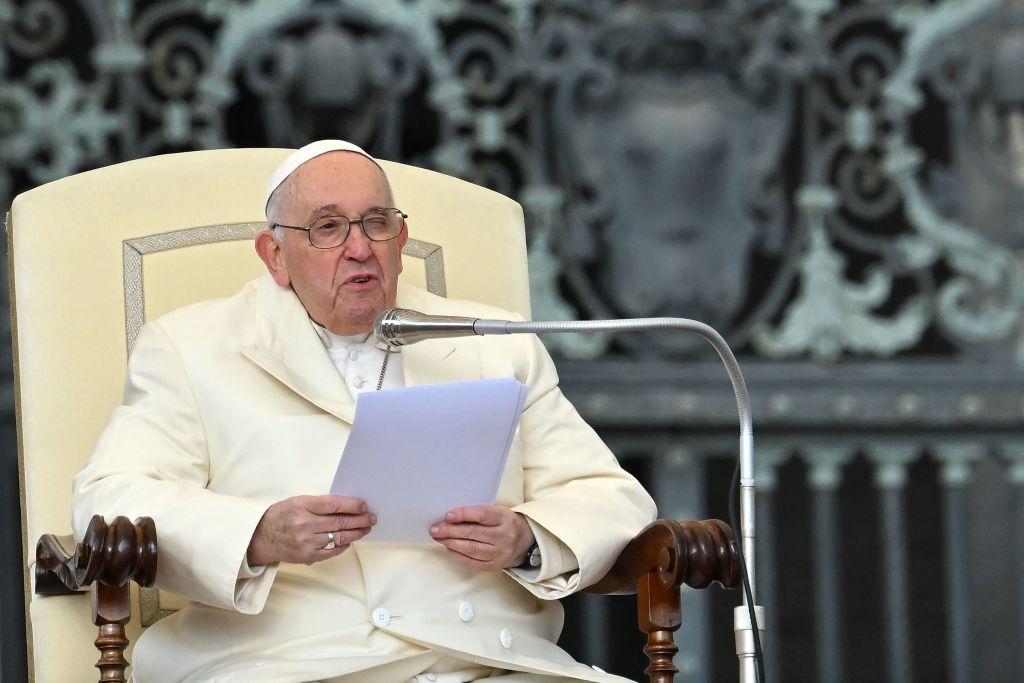Commentary
With the recent hospitalisation of Pope Francis, speculation has once again turned to how much longer his papacy will last, given he is 86 years of age and in declining health.

With the recent hospitalisation of Pope Francis, speculation has once again turned to how much longer his papacy will last, given he is 86 years of age and in declining health.